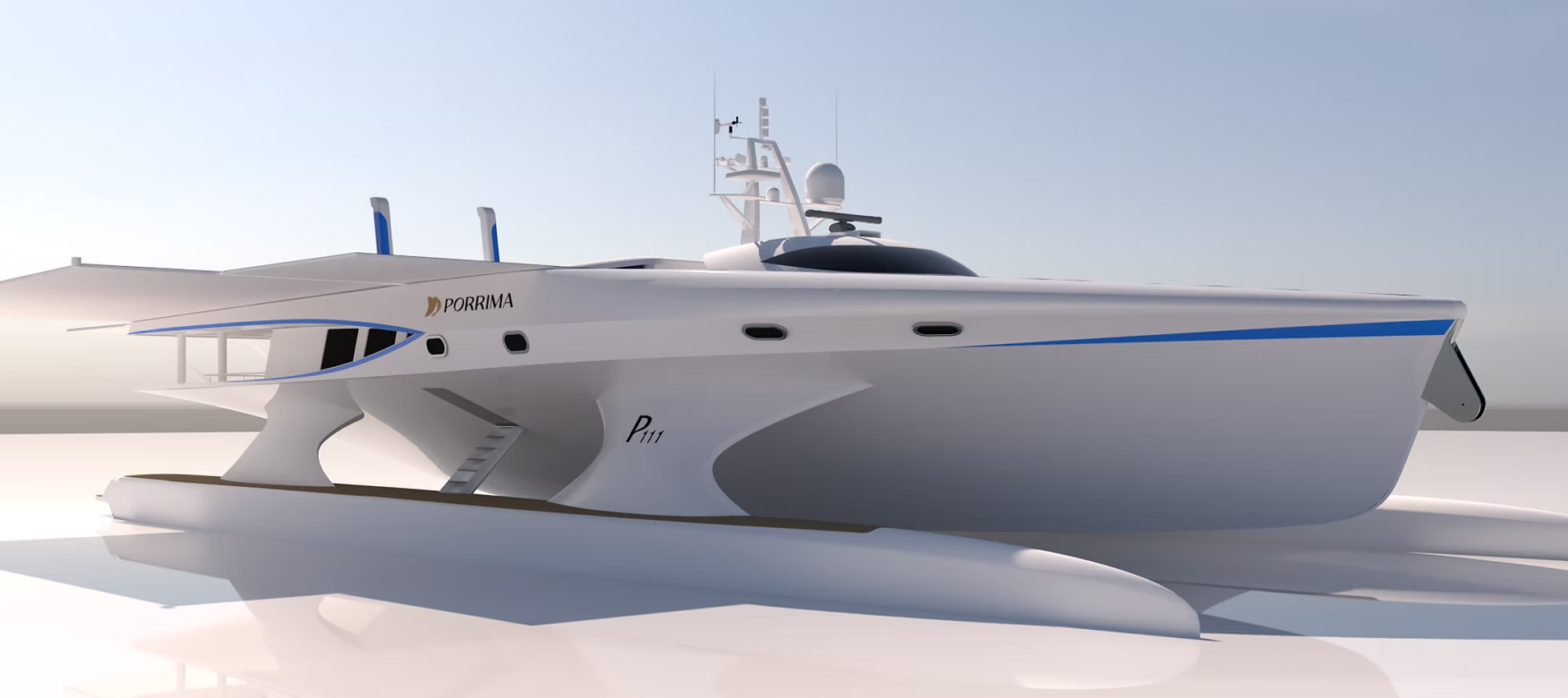Insider Brief
- A new study finds that corporate sustainability theories are evolving in response to global crises, influencing business resilience and long-term strategy.
- Researchers from the University of Waterloo and Resonance analyzed 10 key corporate sustainability theories, revealing that crises such as pandemics and financial shocks test and sometimes reshape these frameworks.
- The study suggests that businesses integrating sustainability into crisis management are better equipped for global disruptions, and policymakers can use these insights to develop adaptive regulations.
Corporate sustainability theories are changing in response to global crises, forcing businesses to rethink their strategies for resilience and long-term growth, according to a new study published in Business Ethics, The Environment and Responsibility.
The study, a scoping review conducted by researchers at the University of Waterloo and Resonance, examined how key theories in corporate social responsibility (CSR) and sustainability management (SUSM) hold up under extreme disruptions like pandemics, climate change and financial crises. The researchers found that traditional frameworks, which guide how businesses approach sustainability, are not static. Instead, they evolve in response to global shocks, shaping corporate behavior and, in turn, being reshaped by it.
Theories in Flux
The study reviewed 10 theories commonly applied to corporate sustainability: Agency Theory, Cognitive Theory, Ecological Modernization, Institutional Theory, Leadership Theory, Legitimacy Theory, Neoclassical Theory, Shareholder Theory, Socio-Ecological Systems Theory, and Stakeholder Theory. These frameworks help explain how businesses balance financial interests with environmental and social responsibilities. However, when major crises occur, these theories are tested – and sometimes rewritten.

Global transformational events do more than challenge businesses; they challenge the very theories that guide corporate decision-making, write the study’s authors, David Benjamin Billedeau and Jeffrey Wilson of the University of Waterloo and Nicholas Palaschuk of Resonance. Some theories accommodate these disruptions, while others require adaptation.
For example, Agency Theory, which describes how managers and shareholders sometimes have conflicting interests, is often applied to CSR when evaluating whether corporate leaders prioritize sustainability or short-term profits. The study found that during crises, shareholder expectations shift, sometimes requiring managers to emphasize long-term resilience over immediate gains. This changes the traditional dynamics between corporate agents and principals.
Similarly, Institutional Theory, which suggests that businesses conform to external pressures from governments, investors, and society, was found to play a crucial role during crises. As regulatory environments shift in response to global events, corporate sustainability strategies must quickly adapt to maintain legitimacy. The COVID-19 pandemic, for instance, forced companies to rework supply chains and employee policies in line with new regulations and public expectations.
Practical Implications for Businesses and Policymakers
The study’s findings carry direct implications for corporate leaders and policymakers. For executives, the research suggests that sustainability is not just a long-term goal but an integral part of crisis management. Companies that integrate sustainability into their core strategies are often better equipped to handle global disruptions.
For policymakers, the concept of what the researchers call “global transformational events” provides a framework for regulatory planning. Governments and industry leaders can anticipate how corporate sustainability frameworks evolve and create policies that encourage businesses to integrate sustainability into their crisis responses.
How the Study Was Conducted
The researchers used a five-step review process, starting with a literature review of corporate sustainability theories and analyzing their application during global crises. Using Boolean search operations, they identified peer-reviewed studies that examined corporate sustainability decisions under conditions of extreme uncertainty. The theories were then assessed based on their relevance to corporate sustainability, crisis management, and CSR activities.
By applying this methodology, the study not only mapped how each theory functioned during normal business conditions but also evaluated its adaptability under crisis scenarios. This revealed patterns of theoretical evolution, where some frameworks, like Stakeholder Theory, became even more relevant, while others, like Neoclassical Economic Theory, required modification to account for non-financial corporate priorities during crises.
Limitations and Future Research
The researchers acknowledge several limitations. The study focused primarily on Western literature, meaning its findings may not fully capture how sustainability theories evolve in different economic or cultural contexts. Additionally, the study’s reliance on pre-existing theoretical frameworks means that newer, emerging approaches to corporate sustainability may not have been included.
Future research, the authors suggest, should examine how these theories apply in non-Western business environments and explore whether entirely new theories are needed to address sustainability in times of crisis.
The researchers write: “This focus has intensified in response to a series of high-impact transformational events over recent decades, including the 2008 Financial Crisis, COVID-19 pandemic, climate crisis, and the war in Ukraine. As the frequency and severity of such events are projected to escalate, scholars are increasingly applying diverse theoretical frameworks to elucidate corporate motivations and strategies”








